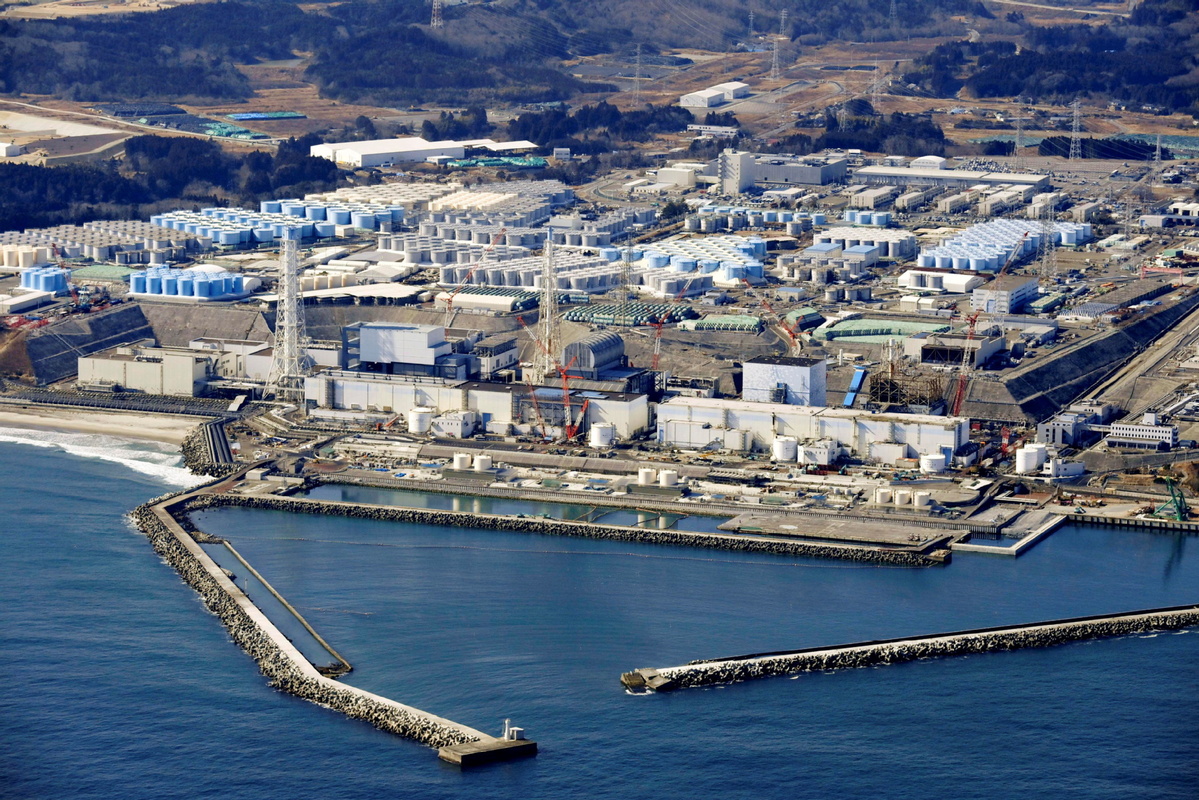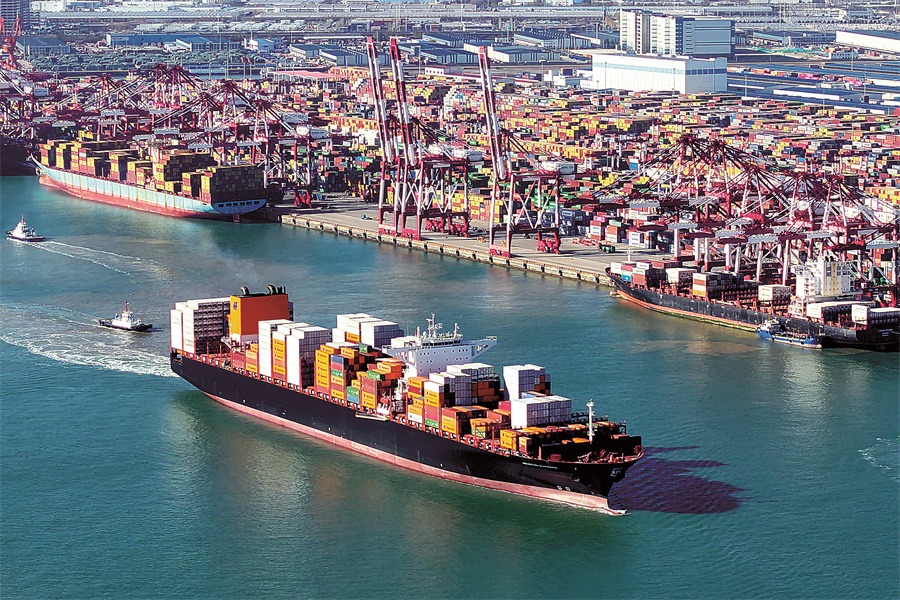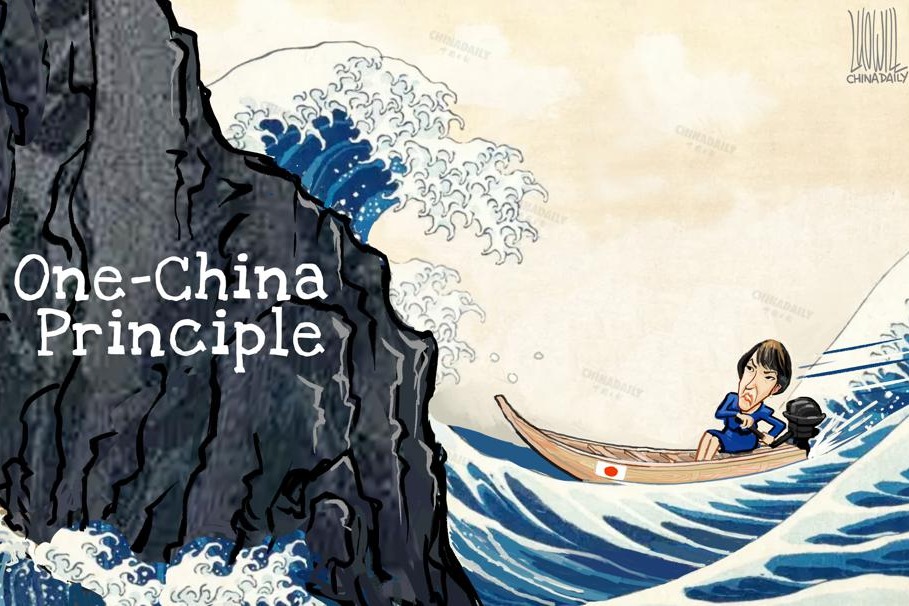Japan's discharge decision immoral: China Daily editorial


Do China and the Republic of Korea have enough reason to strongly oppose Japan's decision to discharge radioactive water stored at the stricken Fukushima Daiichi nuclear power plant into the ocean? Yes, they do. All countries do.
Some in Japan argue that the safety standards for waste water discharged from nuclear power plants in China and the ROK are lower than Japan's, and there is therefore no reason for the two neighboring countries to voice opposition to Japan's decision.
What a ridiculous and irrelevant argument.
Waste water from a normally operating nuclear power plant is totally different from the water that has been used to cool the melted nuclear fuel rods of the plant's three damaged reactors.
The Japanese government argues that when the water has been treated almost all 63 types of radioactive elements except for one isotope, called tritium, will have been removed from the water and the concentration of tritium will be diluted to a safe level. But even Japanese fishing groups do not believe what the Japanese government says.
The Japanese government has even claimed that after being treated, the contaminated water will be safe to drink. If that is so, why is Japan planning to discharge the water into the ocean? Why not treat it and use it as drinking water, or use it to water crops or vegetables if it is safe. There are many ways to put it to use if it is not hazardous.
But the fact that Japan intends to discharge the water into the ocean indicates it is not safe. Causing many countries, neighboring countries in particular, to worry about the risk the water may pose to public health. Tokyo Electric Power Company, has a history of covering up the scale of the problems at its Fukushima Daiichi nuclear power plant, so the world has enough reason to doubt its claims about the safety of the contaminated water.
There are other ways to dispose of the radioactive water rather than releasing it into the sea. But it is much cheaper to discharge it into the sea. The Japanese government has not made a moral and responsible decision to choose the safest way to dispose of the water. It has simply chosen the cheapest.
Japan has no right to make the decision alone as the oceans are shared by the entire world. Japan has the obligation to consult other countries, especially neighboring countries, which have the right to know the truth about the safety of the water.
TEPCO and the government promised the Fukushima fishing industry in 2015 that contaminated water would not be released into the ocean without first considering the views of stakeholders. Its neighboring countries and the entire world are stakeholders when an extensive part of the world's oceans are at risk of being contaminated by radioactive elements from the water Japan is planning to discharge.


































